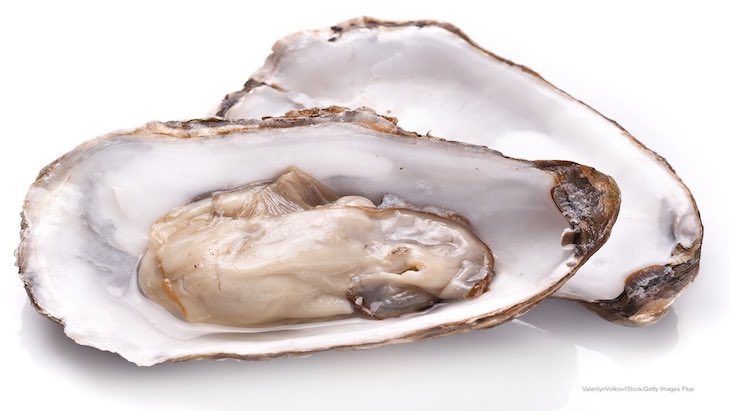Baynes Sound Oysters may be contaminated with norovirus, according to the FDA. That agency has issued an alert warning restaurants and retailers to avoid selling the shellfish from British Columbia, and warning consumers not to eat them raw.

The FDA is working with state, local, and federal officials and with Canadian officials on a norovirus outbreak that is linked to raw oysters from British Columbia, Canada. Illnesses have only been reported in Canada. There are no known cases of notorious in the U.S. that are associated with these oysters. But it’s possible that states received these oysters through distribution to the United States.
The oysters were harvested between January 16, 2023 and February 17, 2023, from Deep Bay in the Baynes Sound subarea 14-8. Landfiles included in this warning are #0278744, #0278742, #0278741, #0278740, #1414396, #0319716, #1414456, #1414457, #1400483, #1411206, #1407063, #1408485, #0278739, #0278737, #1403139, #0278734, #1411153 and #1411195. The subarea 13-16 is also included, with landfill #1401845. The packaged oysters list the harvest area information on the package.
Anyone who bought the oysters after January 16, 2023 should check the packaging and discard the oysters if they have the identifying numbers. Contaminated oysters can cause illness if eaten raw. Foods contaminated with norovirus will look, smell, and taste normal.
Symptoms of norovirus include diarrhea, vomiting, nausea, and stomach pain. Some patients may have fever, headache, and body aches. These symptoms usually begin 12 to 48 hours after exposure. Most people get better within a few days without medical attention, although some people may require hospitalization if they become dehydrated.
If you notice a decrease in urination, dry mouth, and throat, or feeling dizzy when you have norovirus, see your doctor. Children who are dehydrated may cry with few or no tears and be unusually sleepy or fussy.




